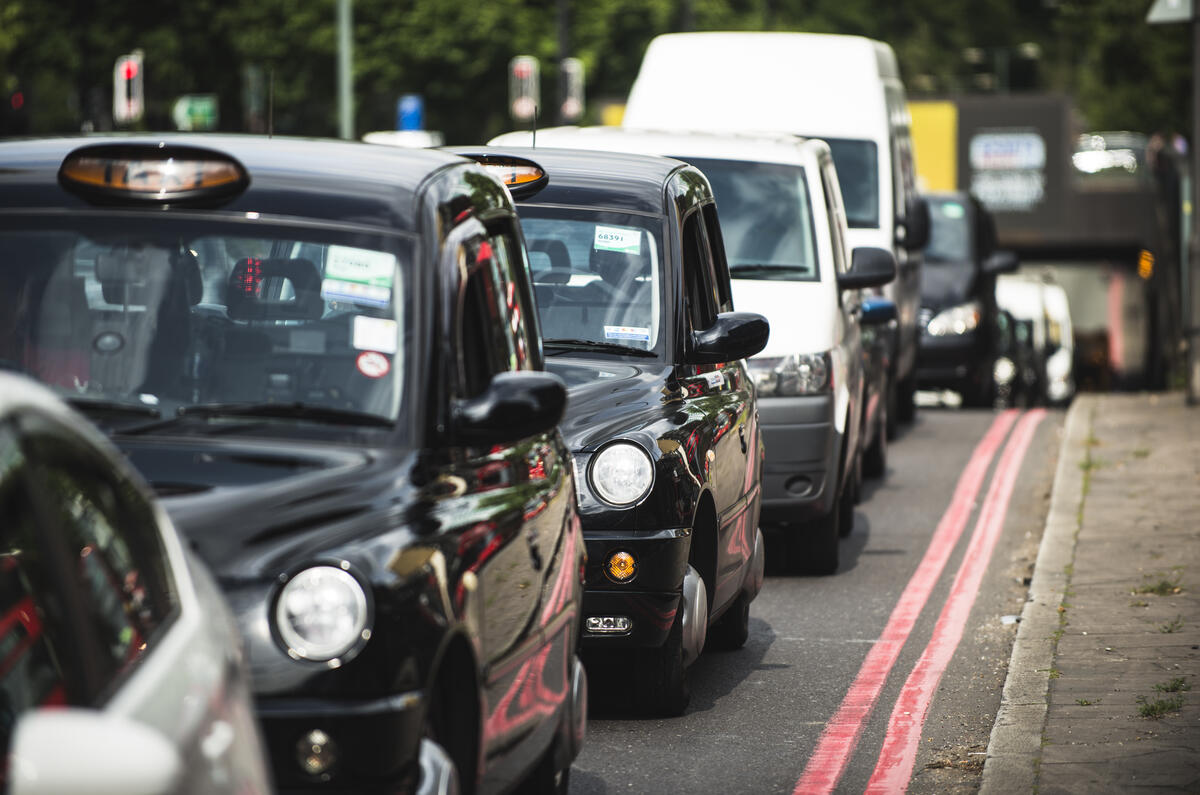The demonisation of diesel has reached almost hysterical levels, but is it really justified and is it wise to consider banning all diesel cars from the roads altogether as some are suggesting?
NOx is the culprit causing the widespread alarm. NOx is not the chemical name of an individual gas but a generic term for the two most common oxides of nitrogen, nitric oxide (NO) and nitrogen dioxide (NO2). The main cause for concern over urban air quality is NO2, which is known to be harmful to health if inhaled in high concentrations.
Insight: Is it time to give up on the diesel engine?
NOx is not unique to diesel, says Jaguar Land Rover head of engine calibration Alan Jones. “The generation of NOx has nothing to do with the type of fuel,” he says, “NOx is created by high temperature combustion. If you have nitrogen and oxygen in the same high-temperature environment, the two will combine to form NOx.” NOx is created in both petrol and diesel engines and by other sources too, like central heating systems and atmospheric lightning.
London Ultra Low Emission Zone start date announced
Are diesels to blame for NOx or has the legislation been too lax?
Cycle cheating aside, the emissions performance of any car is only as good as the test cycle it is designed to meet. The current New European Driving Cycle (NEDC) was designed in the 1980s, introduced in 1996 and last updated way back in 1997. It is widely criticised from being unrepresentative of current real-world driving. The maximum speed driven in the test cycle is only 70mph for 10 seconds, the average speed over the test is just 21mph and tests are performed with all ancillaries such as air conditioning, heated seats and the infotainment system turned off.
European emissions regulations began with EU1 in 1992 when emissions limits were set sufficiently high that diesels didn’t need any exhaust after-treatment at all. Diesel oxidation catalysts (DOCs) were first used on large cars in 1996 and spread to all diesels in 2000 with tougher EU3 regulations. Along with the introduction of direct injection, DOCs controlled hydrocarbons (HC), carbon monoxide (CO) and, to some extent, particulates as well. The limit for NOx then was 0.5gm/km (half a gramme, or about the weight of a small pea). Older diesels do emit more HC, CO and NOx, but they do what legislation required of them at the time they were manufactured.
Diesel engines: your questions answered
Diesel particulate filters were introduced in 2009. “DPF technology is so effective that NOx is now the only real consideration with diesel emissions,” says Jon Andersson, global technical expert on emissions at consultant engineering firm Ricardo. It wasn’t until 2014 and the introduction of the first stage of EU6 that any efficient NOx after-treatment control was required to meet the regulations. Now, the limit for NOx is set at 80mg/km (eighty one-thousandths of a gramme, more than six times lower than 2000 levels).
Is there a fix?
The NEDC will be complemented by the worldwide harmonised light vehicles test cycle (WLTC) and real driving emissions legislation (RDE) in September. WLTC testing is laboratory-based while RDE takes place on the road and the combination of the two is very effective. RDE testing is carried out using PEMS (portable emissions measuring system) attached to the car.




Join the debate
Add your comment
Time will no doubt tell
Until we have an affordable alternative to the diesel engine for commercial and high mileage use. Diesel will need to be around for some time to come. I also think people need to consider how much they actually use their vehicles. Before criticizing a person driving an older diesel vehicle, that may only be driven 5,000 miles a year. Is a new cleaner vehicle any better for the planet and our health if it is driven 20,000 miles a year? Also how much pollution is caused by people shopping on line and then having their goods delivered by an old inefficient diesel delivery vehicle?
No easy answers. But a sense of proportion needs to be maintained before shooting all owners of diesel vehicles!
Agree not all diesel is equal
But badly maintained crap diesels should be scrapped.
A nice, unbiased comment with
A nice, unbiased comment with good points.
Most diesel delivery vehicles
Most diesel delivery vehicles are quite new.
Hmmm
When an article starts with "The truth..." alarms bells ring, I was behind a bang up to date large 4x4 the other day when a large pall of stinky smoke overwelmed me ( I was on a motorbike) no doubt a little clean of the DPF was going on, I didn't think "they sure have got the emissions licked with the diesel engine" I didn't think "just love the smell of sooty ammonia in my face in the morning" either, do us all a favour Autocar and stop this piffle, otherwise you are in denial.
Lol, what about all the
Lol, what about all the invisible cancinogenic benzine you breathe in from petrol, especially when you smell it ? That ok is it ? All engines are dirty in different ways, this article was a breathe of fresh (lol) as it was unbiased, its only the hardened diesel haters that dont seem to like it cos it doesnt back up their hatred.
Politicians should not
Politicians should not restrict our engineers creativity by favouring or disadvantaging a certain technology.”
They have been doing that for years against petrol and in favour of diesel, used diesels still benefit from cheaper ved rates.